- Home
- slideshows
- miscellaneous
- Bye bye, billionaires: 15 people who lost their billionaire status in 2019
Bye bye, billionaires: 15 people who lost their billionaire status in 2019
RyanAir's falling stock price knocked CEO Michael O'Leary off Forbes' Billionaires List in March.

Four heirs to the Barilla pasta fortune also dropped off Forbes' Billionaires List in March.
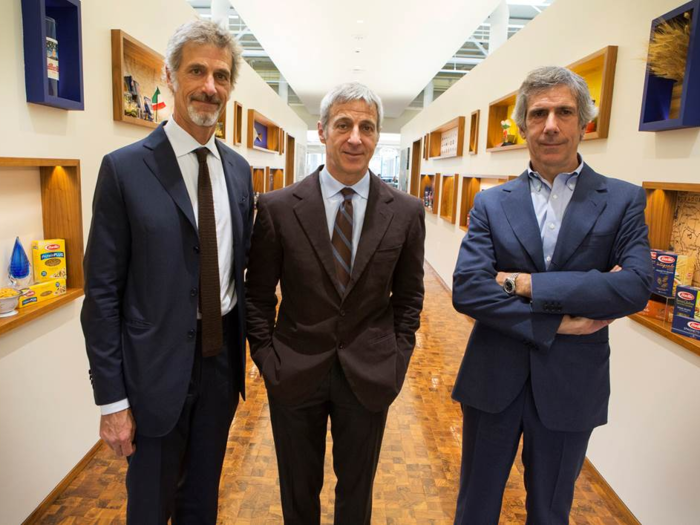
Net worth: $1.1 billion each in 2018
Siblings Emanuella, Guido, Luca, and Paolo Barilla share an 85% stake in the largest pasta company in the world, Forbes reported in 2016. At the time, Forbes estimated that the siblings were worth about $1.5 billion each.
Guido Barilla serves as the Barilla's chairman, while Luca Barilla and Paolo Barilla are both vice-chairmen. The pasta company faced a crisis in 2013 when Guido Barilla said in a live interview that Barilla would never feature a same-sex couple in its advertisements and that gay customers should look for another brand, Bloomberg's Thomas Buckley reported in May.
Though Guido Barilla's comments only had a marginal effect on Barilla Pasta's bottom line, according to Bloomberg, the company has since dealt with falling sales in the US as consumers' tastes move away from processed food.
Money manager Charles Brandes fell off Forbes' Billionaires list in March.
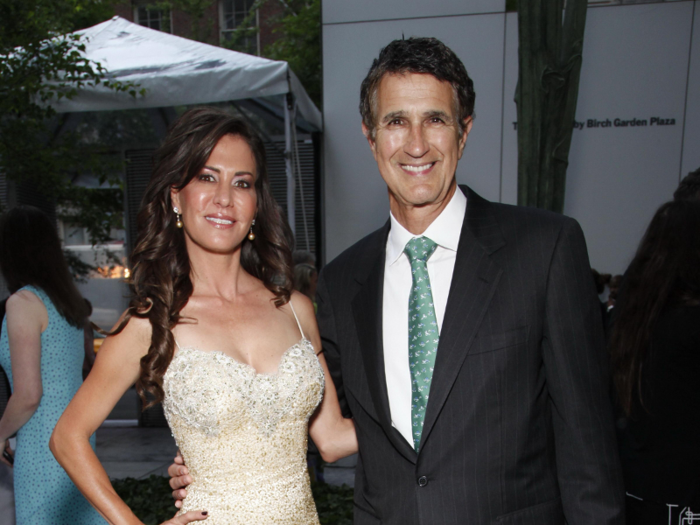
Net worth: $1.2 billion in 2018
Brandes, 76, built his fortune running Brandes Investment Partners, the San Diego-based investment management firm he founded in 1974, according to Forbes.
At its peak, Brandes had over $100 billion under management, but now has only $31 billion, Forbes reported. Brandes left the firm in February 2018. Brandes derives a large share of his net worth from his stake in the firm, closely tying his net worth to its performance.
An heiress to Krispy Kreme-owner JAB Holdings may no longer be a billionaire, but she's still the richest person in New Hampshire, according to Forbes.
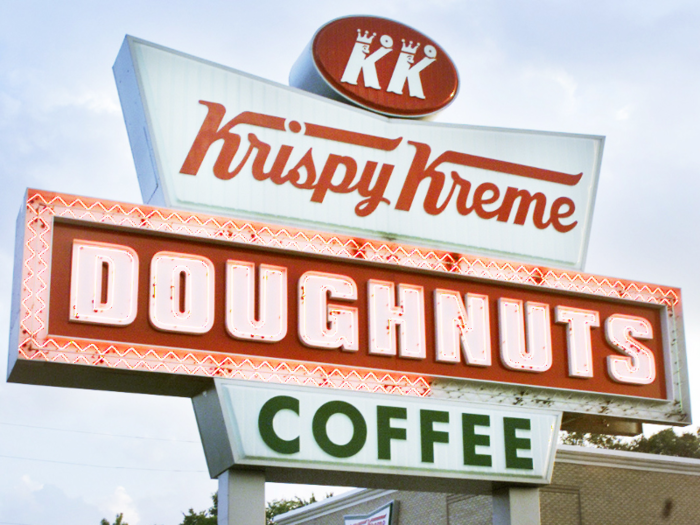
Net worth: $720 million as of June 2019
Andrea Reimann-Ciardelli, 62, relocated from Germany to Hanover, New Hampshire, Forbes reported. Reimann-Ciardelli inherited a stake in her family's investment firm JAB Holdings, which she sold to relatives in 2003, according to Forbes. JAB also owns Peet's Coffee and Panera Bread.
Forever 21's cofounders lost their billionaire status in July — just three months before the fast-fashion retailer filed for bankruptcy in September.

Net worths: $800 million each
At the company's peak in 2015, Jin Sook and Do Won Chang had a combined net worth of $5.9 billion, Business Insider previously reported. Their combined fortune has fallen to $1.6 billion as the fast-fashion chain enters bankruptcy proceedings. Forever 21 will close 350 stores across the globe but will continue to operate in select locations and online.
The married couple founded Forever 21 in Los Angeles in 1984 after emigrating from South Korea three years prior. Their first location, originally called Fashion 21, was 900 square feet and stocked merchandise the Changs purchased at wholesale close-out sales, according to Forbes.
WeWork cofounder Miguel McKelvey lost his billionaire status during the coworking company's now-infamous IPO debacle.
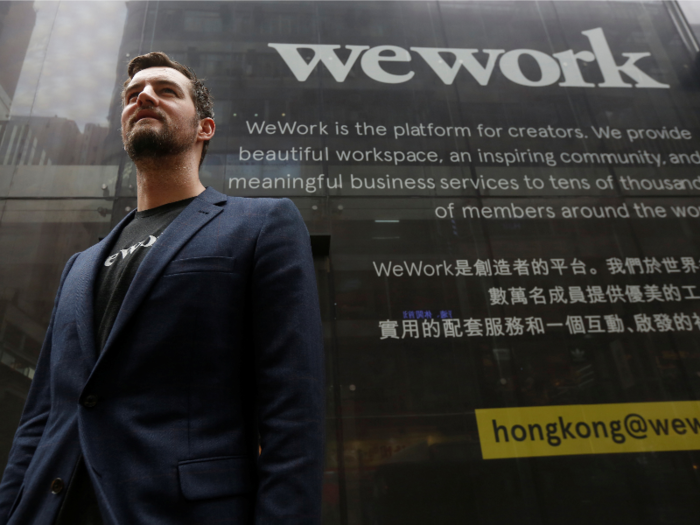
Net worth: $400 million
McKelvey founded WeWork in 2010 alongside Adam and Rebekah Neumann, Business Insider previously reported. Forbes estimated McKelvey to be worth $2.9 billion in March.
In September, however, concern from potential investors over the company's finances and corporate governance issues stalled WeWork's IPO indefinitely and pushed Neumann to resign as the company's CEO. Neumann may have regained his billionaire status thanks to Softbank's bailout of WeWork, though estimates of his exact net worth vary. The former CEO is worth "at least one billion," according to Bloomberg. As of December 13, Forbes also puts Neumann's real-time net worth at $1 billion.
Juul cofounders Adam Bowen and James Monsees had short-lived tenures as billionaires.
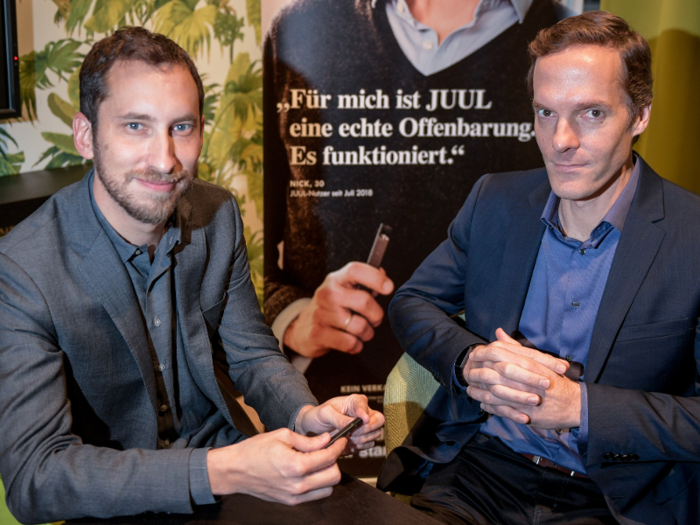
Net worths as of October 2019: $900 million each
One of the company's biggest investors, hedge fund Darsana Capital Partners, reportedly cut the company's valuation by more than a third on October 3 following increased attention from regulators. As a result, Juul cofounders Adam Bowen and James Monsees lost their billionaire status just ten months after attaining it, Business Insider previously reported.
Bowen and Monsees founded Juul after meeting on smoke breaks while studying product design at Stanford University in 2004, Business Insider previously reported. Ploom, a precursor to Juul, was launched in 2007 and first released Juul products in 2015. The company's Juul line was spun into a separate firm in 2017. The majority of the pair's respective net worths are tied to their 1.75% stakes in the e-cigarette maker, Forbes' Sergei Klebnikov reported.
SmileDirectClub founders Jordan Katzman and Alex Fenkell became two of the youngest billionaires in the US after the company's IPO in September — only to drop out of the three-comma club in October.
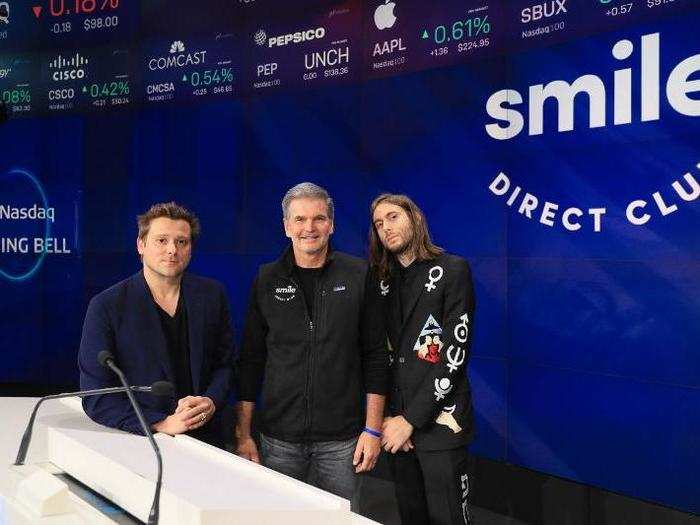
Jordan Katzman's net worth as of October 2019: $770 million
Alex Fenkell's net worth as of October 2019: $700 million
David Katzman's net worth as of October 2019: $970 million
The September IPO of Katzman's and Fenkell's direct-to-consumer dental-product company SmileDirectClub made Katzman and Fenkell — each of whom owns close to a quarter of the company's class B shares — billionaires. However, the company's shares sunk 60% in the month following, sinking the net worths of its founders and CEO David Katzman too, Forbes' Lauren Debter reported.
Cofounders Katzman and Fenkell, who both wore metal braces, are close friends. They came up with the idea for SmileDirectClub while reminiscing about their childhood and wondering whether they could find a less embarrassing and cheaper way to straighten teeth, according to SmileDirectClub's website.
Popular Right Now
Popular Keywords
Advertisement